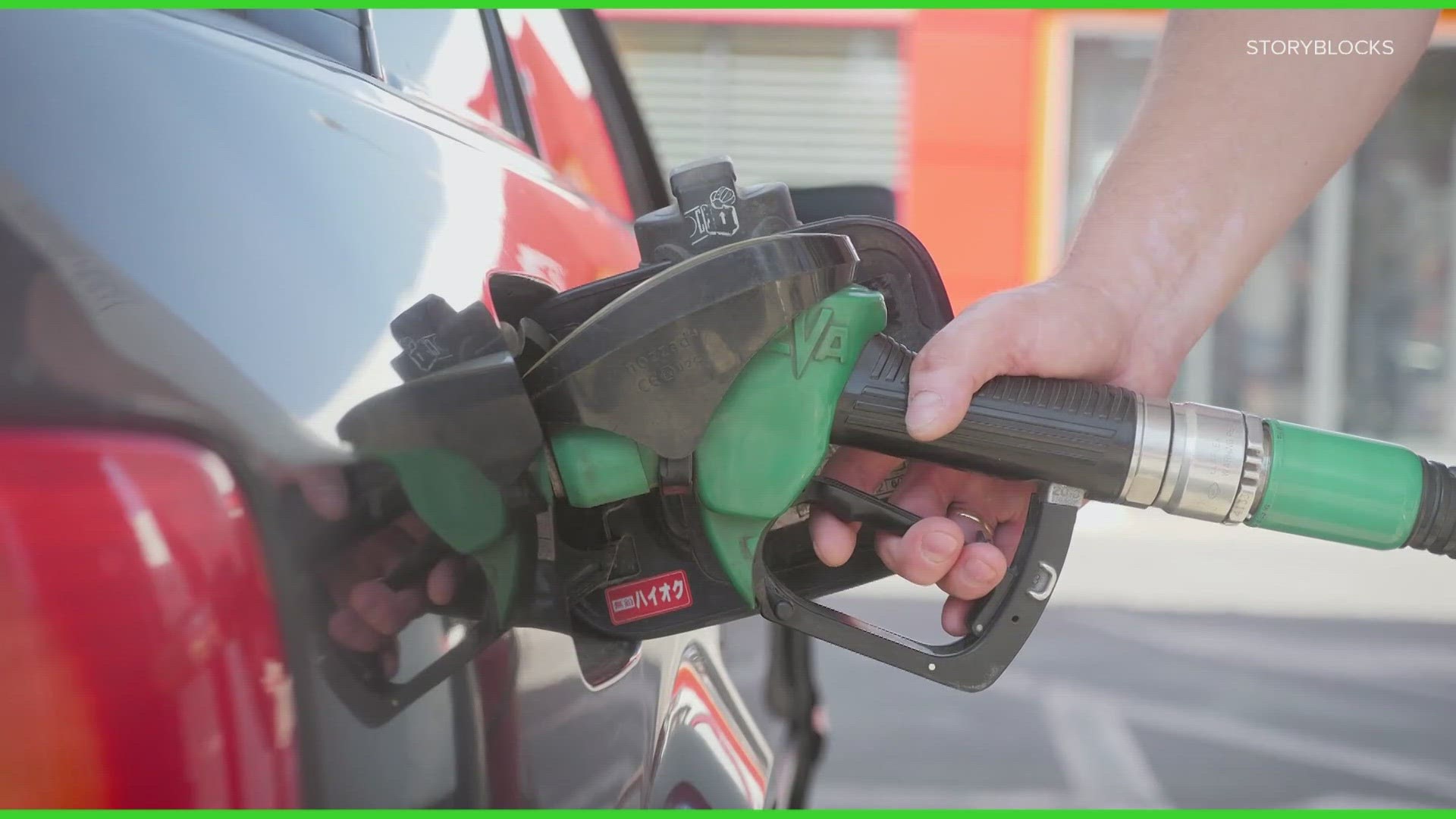ST. LOUIS — As you prepare for your upcoming road trip, gas prices can be top of mind. With gas prices on the rise, everyone is on the lookout for a good deal. You can often find one at your local Sam's Club or Costco. But, is there any difference in the quality of gas between these two warehouse clubs?
The question:
Is the gas quality the same at Sam's Club and Costco?
The sources:
The answer:
What we found:
According to AAA, all gas begins as a base fuel. Retailers take this base fuel and introduce a unique blend of additives. These additives help to clean and protect a car's engine.
In 1990, the Environmental Protection Agency (EPA) mandated that gas retailers use a minimum level of additives to ensure engine cleanliness. However, in 2004, some automakers deemed these additives insufficient. As a response, they established a gas standard known as "Top Tier" gas, which requires higher levels of additives, particularly detergents.
AAA conducted independent lab tests on Top Tier gas and found it does have benefits. After approximately 4,000 miles, testers observed that vehicles using top-tier gas had 19 times fewer carbon deposits in their engines.
"It's definitely going to be better for your engine than not. That's what the research has found," Nick Chabarria, a spokesperson from AAA, said.
The Verify team asked the EPA about Top Tier gas having vehicle performance benefits.
"Top Tier standards can provide useful benefits to consumers beyond the regulatory minimums," EPA spokesperson Shayla Powell said.
Costco offers Top-tier gasoline, ensuring that their fuel contains higher levels of detergents, which contribute to engine cleanliness over time. On the other hand, Sam's Club does not provide Top Tier gasoline.
We can verify that the gas quality is not the same at Sam's Club and Costco. Costco adheres to top-tier gasoline standards, enhancing fuel quality with increased detergents to maintain engine performance and cleanliness.
You might wonder why top-tier gas additives are not mandated by law. The EPA's standards are primarily based on emissions associated with additive use. While there's evidence of vehicle performance benefits with top-tier fuel, there's insufficient research to confirm its emissions benefits.
The Verify team gave Sam's Club one month to comment on this story. The company did not respond.

